President Nikos Christodoulides on Monday pledged his government’s commitment to constructing the Great Sea Interconnector, saying he was doing so for “the umpteenth time”.
The project, if completed, will connect the energy grids of Cyprus, Greece and Israel.
“I repeat, for the umpteenth time. Let them hear it in Cyprus, in Greece, in Brussels, wherever they are interested. The Republic of Cyprus is fully committed to this project of geostrategic importance,” he said during a visit to the Paralimni middle school.
His comments come a day after Greek Prime Minister Kyriakos Mitsotakis had urged the Cypriot government to demonstrate its commitment to the project, and with this in mind, he said that “Cyprus and Greece have undertaken some commitments for it”.
“I can speak for the Republic of Cyprus and say publicly that the Republic of Cyprus will fulfil the commitments it has undertaken. I hope that all those involved will implement their commitments,” he said.
He added that the issue of the interconnector “also concerns issues of national sovereignty”, and said that in this regard, public debate over it “is not helping”.
“I, no matter how much provocation there is, am not going to put the national interests of the Republic of Cyprus at risk or into question through public statements,” he said.
Mitsotakis had on Sunday called on Cyprus to show its commitment to the project, stressing that the project is “of major importance primarily for Cyprus”.
“Obviously, for this project to be completed, Cyprus must also demonstrate in practice that it really wants it,” he said, before adding that an interconnection with Cyprus “does not have the same priority” for Greece.
To this end, he pointed out plans to connect Crete’s grid to that of mainland Greece, as well as plans to construct future cables to connect the Dodecanese and the northern Aegean islands to the central Greek grid, and a possible future interconnection with Egypt, which he described as “absolutely critical”.
“The interconnection with Cyprus is important, but its importance for Greece is less compared to other projects which we have as a priority. It is nationally beneficial primarily for Cyprus,” he said.
“We will very soon have a clear picture of whether Cyprus actually wishes to proceed. As long as there is the relevant commitment and the payment of the price, the procedures will be initiated on our part.”
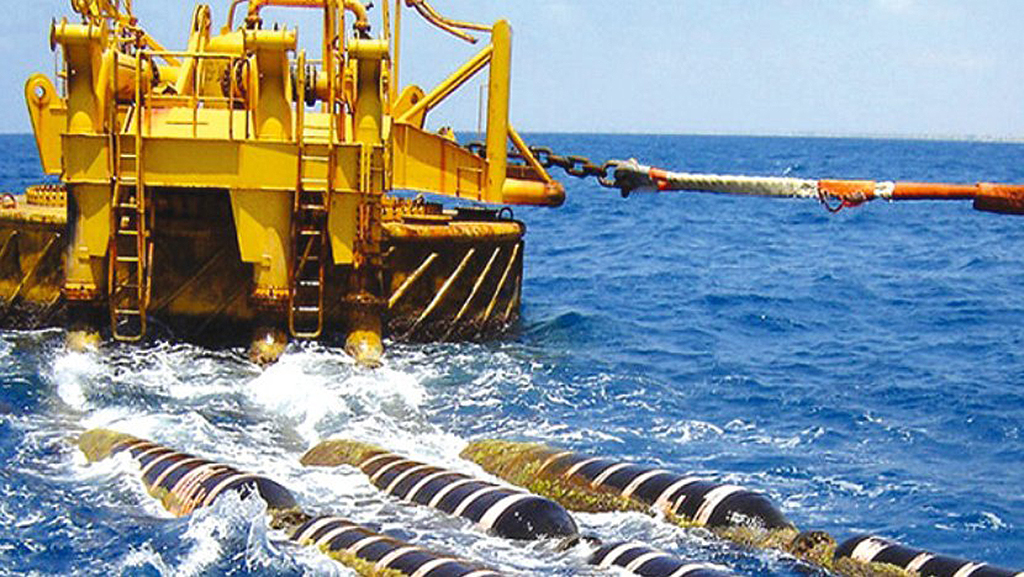
The price to which Mitsotakis was referring is the €25 million per year the Republic of Cyprus had pledged to pay to Greece’s independent transmission system operator (Admie) until 2029.
Those payments are to be made before the interconnector is operational, in effect helping finance the project and ensuring that Admie, the project’s 51 per cent shareholder and implementing body, will have a stable income while investing in the project before it turns a profit.
However, the Republic of Cyprus is currently withholding the first €25m payment, citing at the same time a lack of tangible progress on the project and differences in opinion regarding how the money should be sourced.
Finance Minister Makis Keravnos was asked about his position on the former matter, and said his stance would change “if the project were being implemented right now and were at a good stage”.
He added that seabed surveys to determine where cables we laid “have not even been completed”, and that the completion of those surveys is “decisive for the total cost of the project”.
This version of events had been disputed last week by Greek Foreign Minister Giorgos Gerapetritis, who had said that surveys on the seabed in advance of the laying of electricity cables “did not stop”, but that in fact, “the research was completed according to its planning”.
Over the latter issue, the Republic of Cyprus had initially planned to utilise funds made available to it through the European Union’s emissions trading system (ETS) to make the payments, so as to prevent the burden of the payments from falling on the taxpayer.
Admie had warned that this arrangement may violate the EU’s rules on state aid, and as such asked the Cyprus energy regulatory authority (Cera) to begin charging consumers instead.
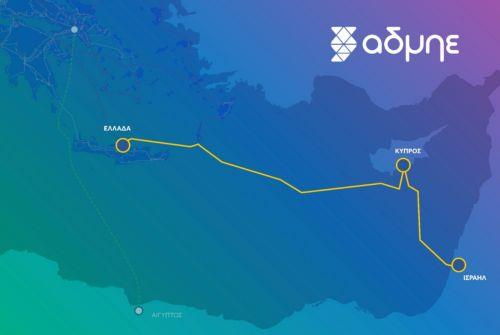
Keravnos had earlier made reference to Admie’s demands for the €25m and the issues regarding the sourcing of the money, describing the situation as “a bit of a pseudo-dilemma”.
“Taxpayers’ money will be paid so that consumers do not have to pay, but all taxpayers are also consumers. I do not know anyone who does not use electricity,” he said last month.
Keravnos has also on multiple occasions made reference to two “independent and serious organisations” which have “concluded that the project is not sustainable”, with Greek government officials going on the record last week as having been unaware of those organisations.
On Thursday, it was revealed that the European chief public prosecutor’s office (EPPO) had launched an investigation into the project, with government spokesman Konstantinos Letymbotis saying that “we do not have any more information” about the investigation’s scope.

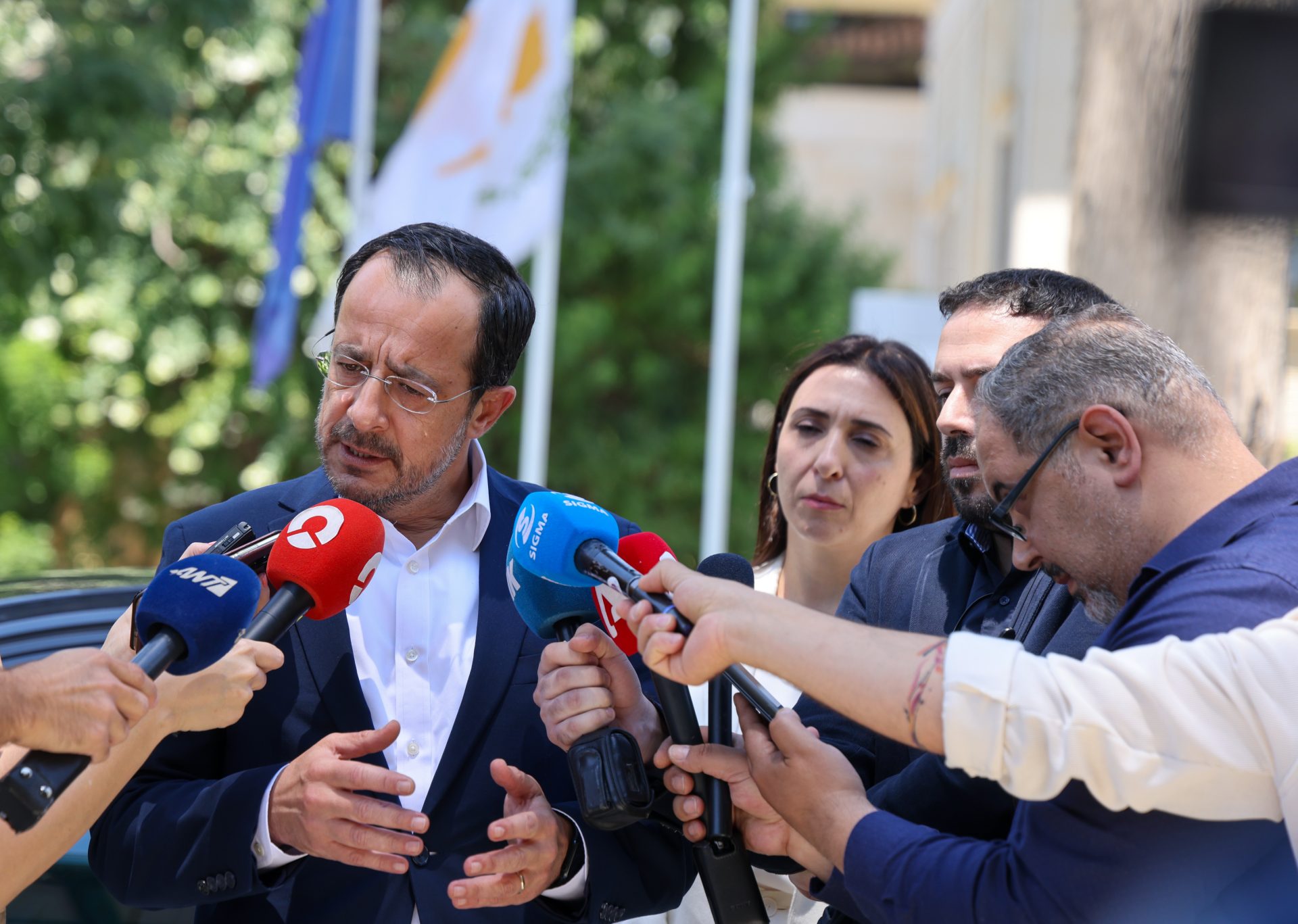


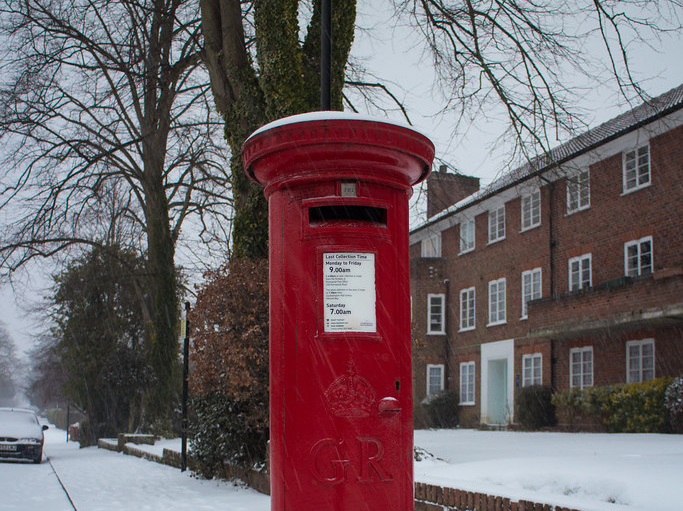

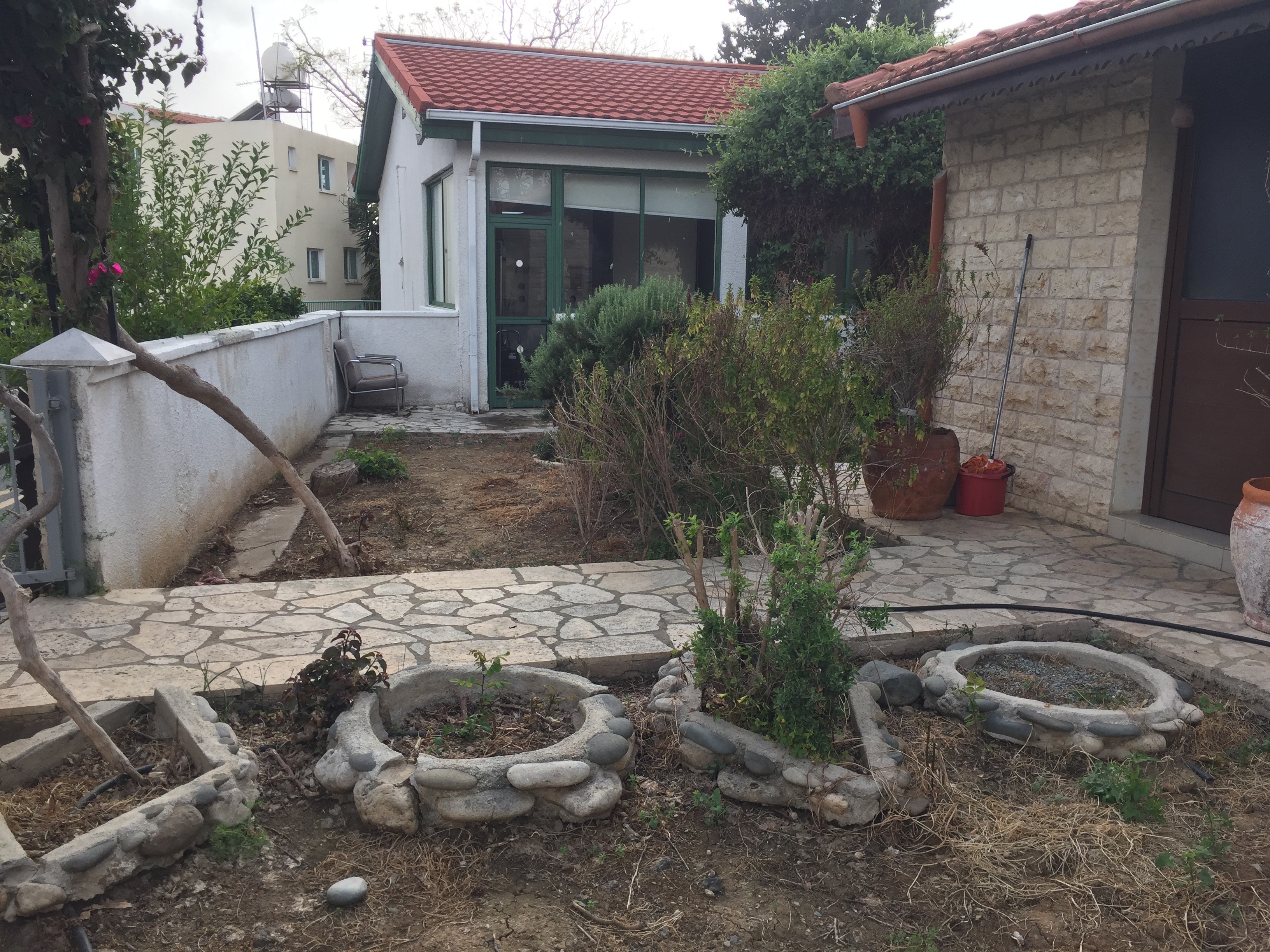
Click here to change your cookie preferences